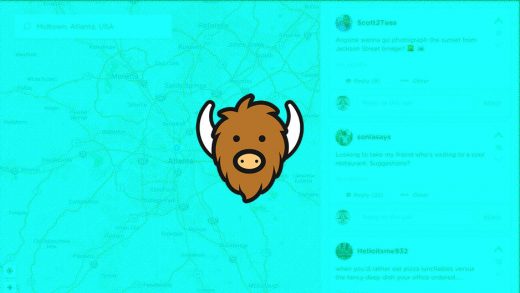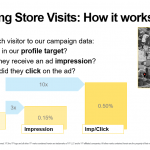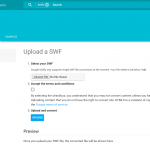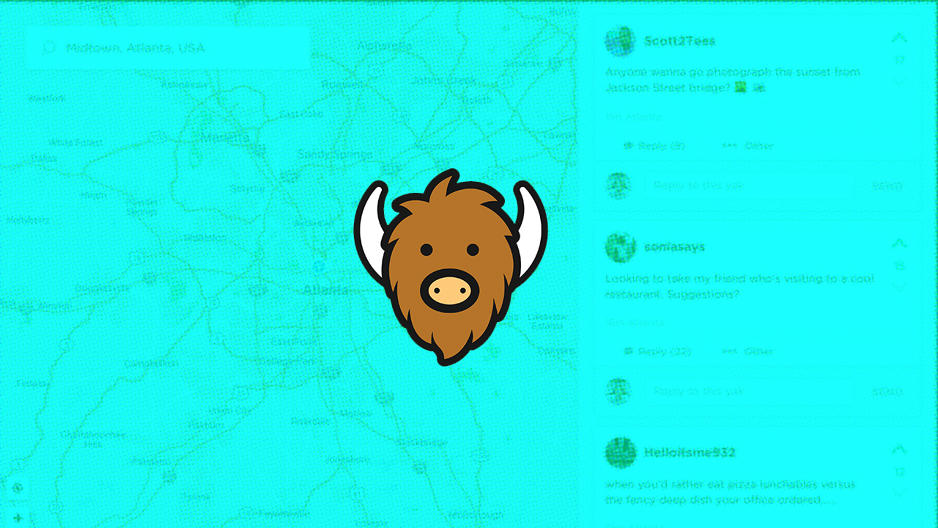Users Aren’t Enough: Why Yik Yak Is The Latest Casualty Of A Changing Market
Yik Yak, the anonymous chat app whose rapid rise to prominence on college campuses in 2014 was followed by a deluge of controversy over bullying and harassment, may be dealing with the same money-related issues that plagued its now-defunct competitor Secret. The company has reportedly whittled its staff down from 50 employees to just 20, writes the Verge, as it faces the ongoing challenge of trying to grow its user base. According to mobile download statistics from App Annie, the anonymous platform has seen a dip in popularity, indicating it may have never recovered from the reputation-damaging issues that dogged it last year.
In part, that may be thanks to a persistent culture of bullying. The problem has been underscored by high-profile incidents like the murder of a feminist student at the University of Mary Washington in Virginia, who was threatened on the platform. This year, another woman, who goes by Elizabeth, filed a petition to shut down Yik Yak after she found anonymous posts on the platform telling her to end her life. The Change.org petition has garnered some 83,000 signatures.
In addition to the ire, Yik Yak had managed to raise $73.5 million in investor funding, most likely because of its initial popularity with college students. That means it’s deeply indebted to deliver a return on that massive investment—bullying or no.
But while online abuse may have hindered Yik Yak’s ability to grow its audience and limited its potential for acquisition, there maybe something else at play here, too. Earlier this year, I spoke with tech entrepreneur Steve Blank, a guy who’s written a lot on startups and business, about the overall changing market for budding companies seeking big exits. In short, he says, developing companies without a clear monetization strategy may be a thing of the past.
“There was a path of liquidity to selling to other people who might want your user base,” Blank told me. He called it the YouTube effect: Build an audience and someone who wants those users will buy them from you if it’s cheaper to do so than building the audience themselves. (In the case of YouTube, Google scooped it up in 2006 for $1.65 billion.) But that idea may not be so relevant anymore. A decade later, investors and acquirers are not as keen to gobble up startups that are losing money.
This is not to say that anonymous platforms can’t find a path forward. After all, Reddit and Whisper—both of which have tried in earnest to rid their platforms of noxious bullies—are succeeding in keeping user interest and bringing on advertisers.
But Yik Yak, while it once did have a promising user base, has yet to come up with a plan for earning revenue. Now, as it loses steam with users, the potential for acquisition is not only lower, but so too is the possibility that it can morph into a sustainable company in its own right. And without a path to profitability, it will be hard for Yik Yak to compete for investor dollars to fuel further growth.
“In the 1980s or ’90s you couldn’t go public without at least the last five quarters showing profitable revenue growth and you couldn’t stay public, meaning your stock price couldn’t stay afloat, unless after that you could follow it with four more profitable quarters,” says Blank. “Those days might be returning.”
Fast Company , Read Full Story
(8)














